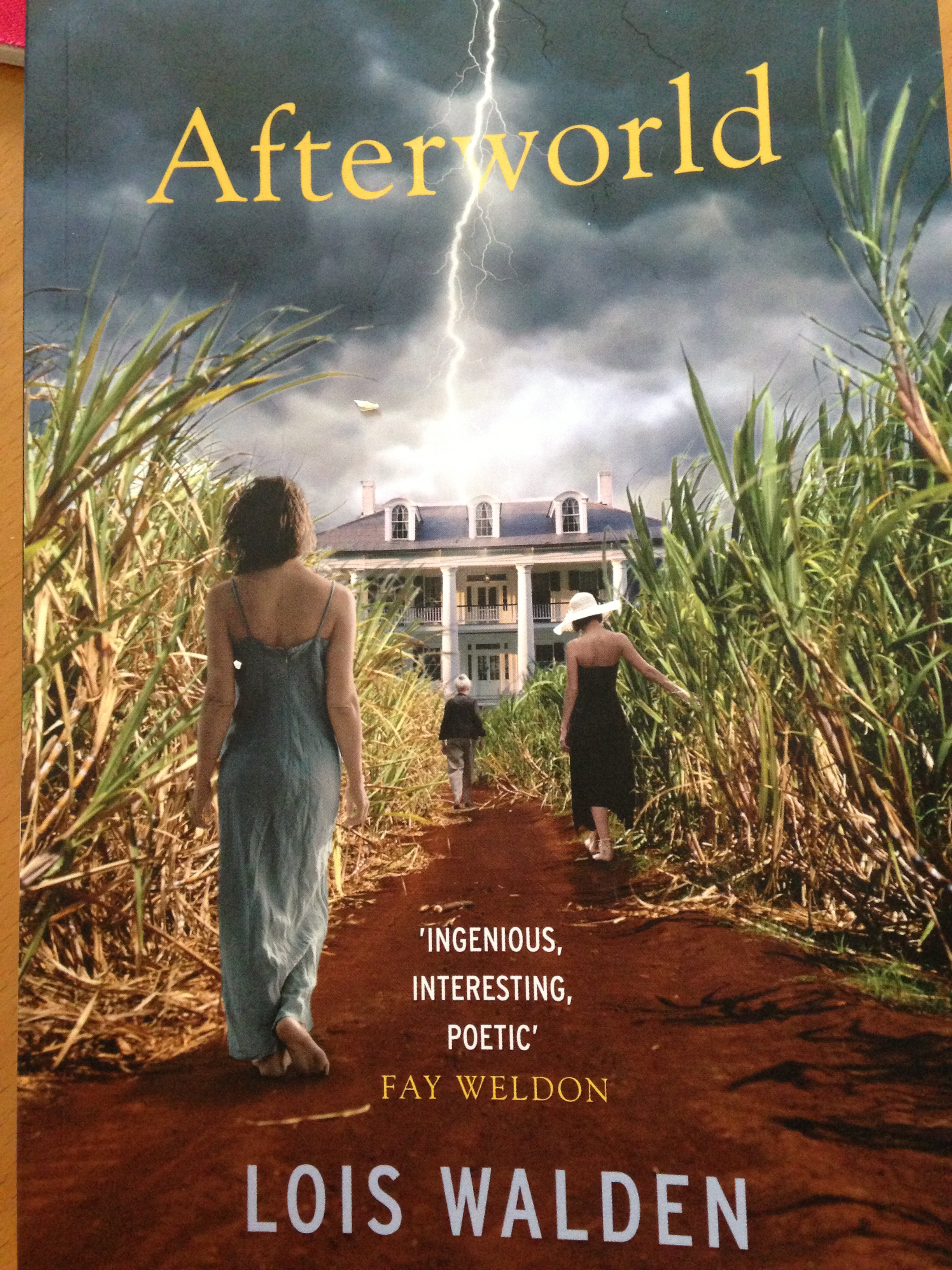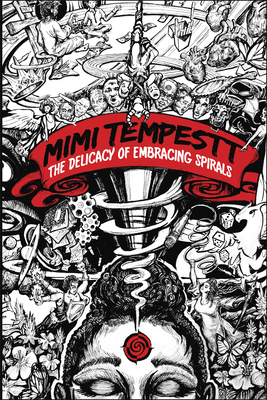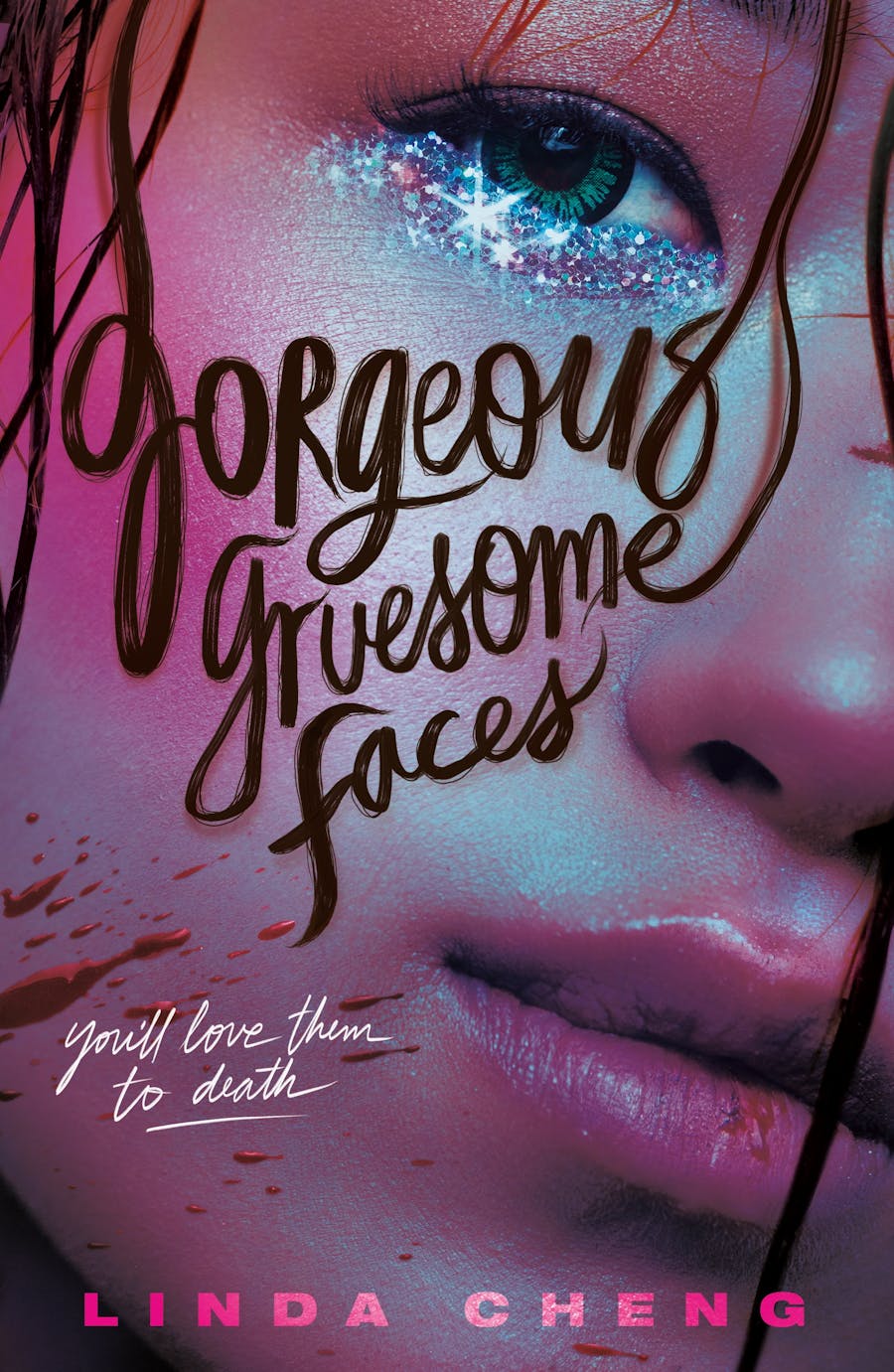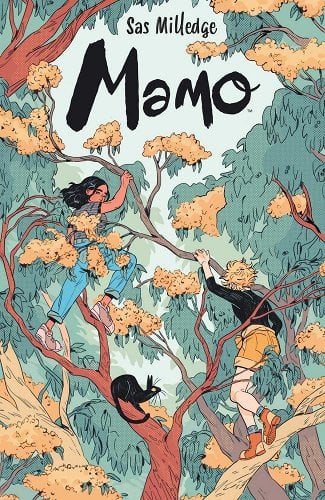Egads, I have such mixed feelings about this novel. But the first thing I have to mention is that there wasn’t actually much L in the LGBTQ aspect. There were a few gay men, and a woman who was possible bisexual, but that was the extent of the queer woman dynamic here. So that was a bit misleading, as the author requested this book for review through the Lesbrary site.
Anyways. Beyond that, the story itself was interesting and unconventionally-written. It follows a strange family from Louisiana and gives each of the family members a voice as they recount their twisted histories and unconventional relationships. The last third of the book occurs around the characters as they live through Hurricane Katrina. The title itself, Afterworld, I’m supposing comes from the fact that several of the characters contribute their stories from beyond the grave – and could be an allusion as well to the world of Louisiana after Katrina. Although considering the first third of the book doesn’t even touch on that topic, I’m unsure.
I think there is sometimes a danger in using too much regional slang, trying to write in the vernacular, because if you’re not very careful and very good at it, it just comes across as insulting to the characters. Walden, for the most part, does fine with her use of the vernacular and it helps to give the many characters a distinctive voice, but there are a few times when it gets a bit heavy-handed and overbearing.
There are also a lot of adult themes in this book, which are mostly handled acceptably well. I find nothing wrong with this. However, sometimes I found the inclusions unnecessary, and feel that they were thrown in purely for the shock value. There’s a surprising amount of pedophilia and incest, and one of the primary characters (who is a gay man) was the victim of such abuse. This kind of stereotype that childhood abuse leads to one becoming gay later in life I find insulting and outdated, as though being gay is a defensive reaction to some past trauma and not something that’s natural.
But I shall give the author the benefit of the doubt here because at least she doesn’t try to implicitly connect the two things. So moving on from this quibble, we have the writing itself. It’s very good – most of the time – although this is one of those books I feel that would have benefited from a more stringent editor. Not so much for proofreading purposes, but to take out the random bizarre sentences and to cut some of the story arcs, which just fade away with no conclusion.
This has been a difficult review to like. Overall, I enjoyed this book. The characters were alive and distinct, the events were interesting, and I think it’s done in a very original manner. However, the problems I talked about were too many for me to give this a rave review. And the fact that it doesn’t really mention queer women, only men, kind of sours me – not on the book itself, but that it was submitted for review here. I kept reading, waiting for the queer women to appear, but they never did.



